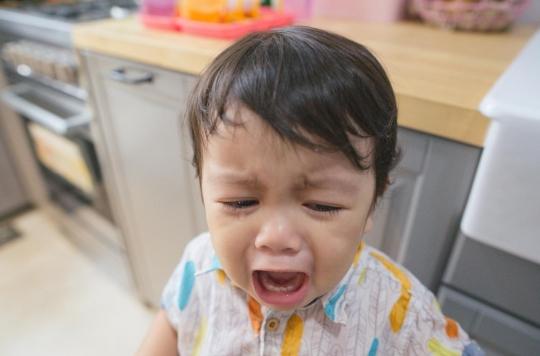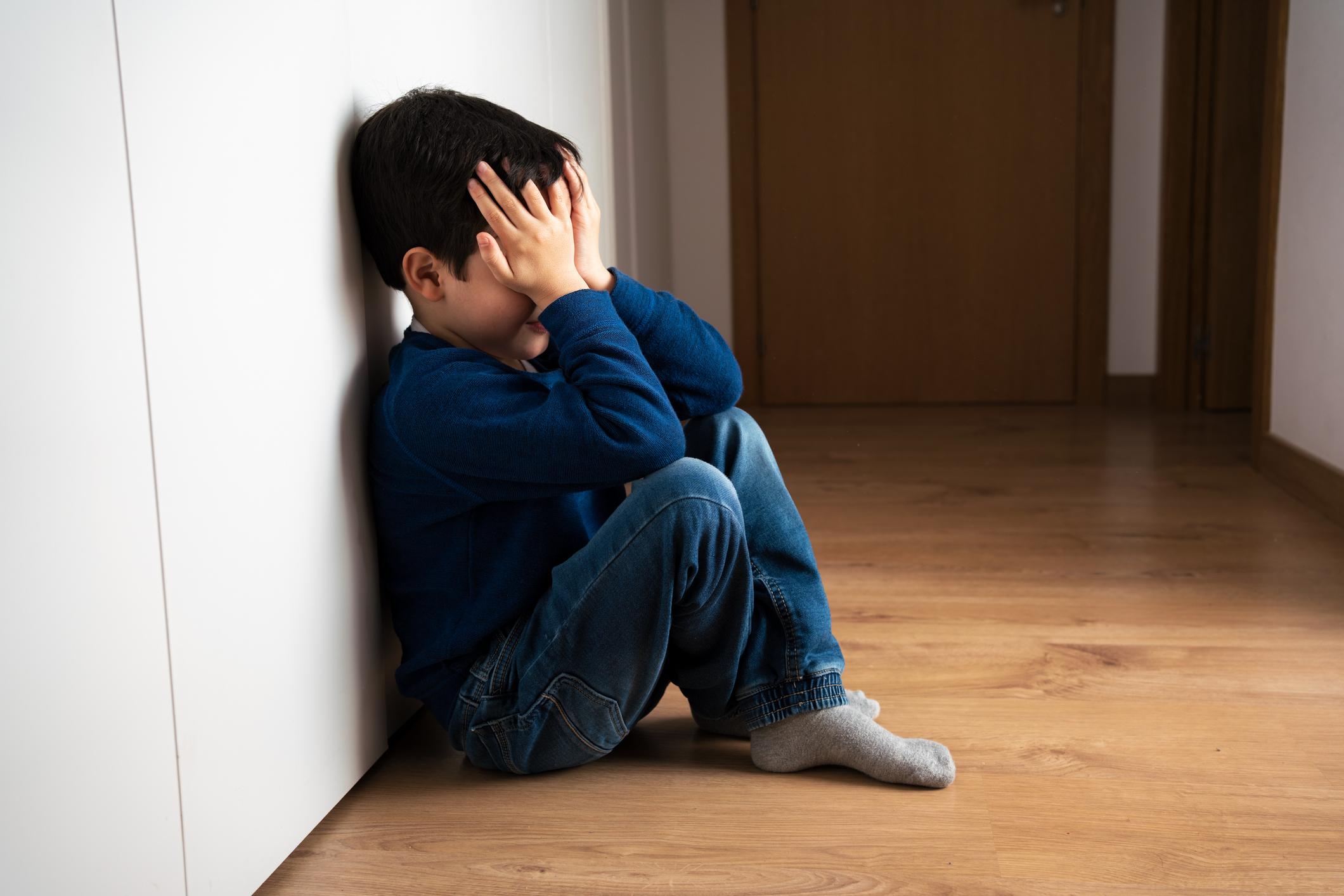Researchers have assessed the psychological impact of the Trump administration’s “zero tolerance” policy against illegal migrants trying to enter the country from Mexico.

- In line with Donald Trump’s zero tolerance policy, the United States began separating children from their parents in May 2018, sparking outrage at home and abroad.
- Six weeks after the implementation of this policy, however, the administration had given up on this practice.
In 2018 in the United States, more than 5,000 children were forcibly removed from their parents as part of the Trump administration’s anti-immigration policy. 4 years later, researchers, published in Plos Oneassessed the health impact of this measure.
Nightmares, crying, urinary incontinence
Assessment: the “almost all” parents and children separated by this migration policy presented “symptoms and behaviors consistent with trauma and its residual effects”. The children suffered in particular from mental confusion, severe depression and suicidal ideation. Even after being reunited with their parents, some still did not eat, cried profusely, had regular nightmares, suffered from insomnia, were constantly afraid and suffered from urinary incontinence. The traumatized children had also developed excessive attachments to their parents and/or caregivers.
Cardiovascular diseases and cancers
In addition to the short-term effects, the trauma of separation could, according to the researchers, have much longer-term consequences. “Those who experience trauma, especially during childhood, have higher rates of chronic conditions such as cardiovascular disease or cancer,” they explain. If recovery is possible, it requires significant therapeutic support, focused on psychotherapy and medication.
Finally, note that the study was limited to families who had experienced the shortest separations and “least extreme”. For example, no child under the age of six was included in the cohort, while some were still breastfed at the time of separation.

.

















